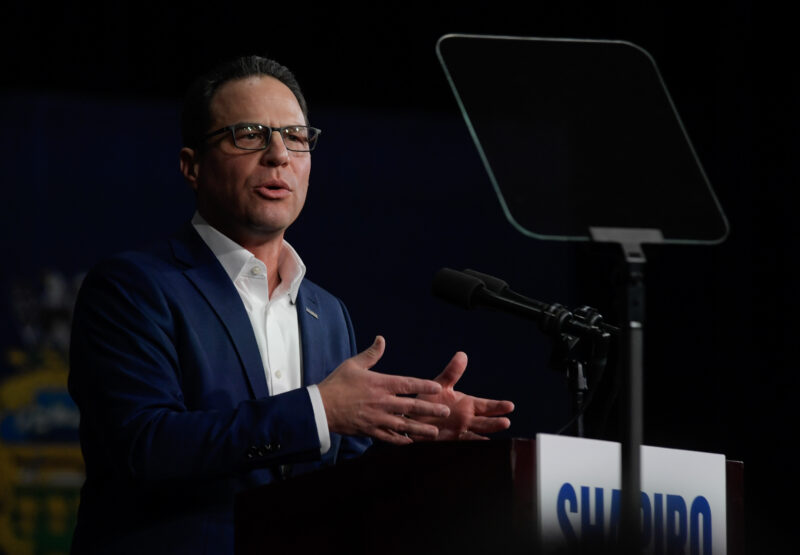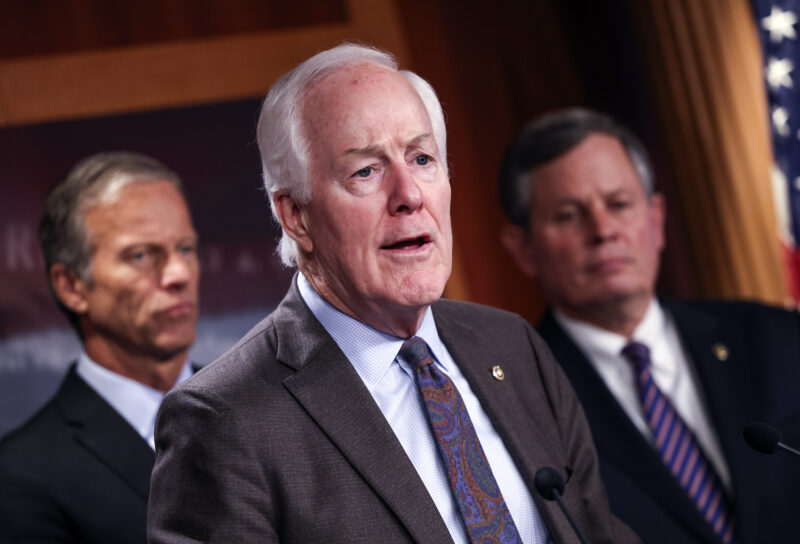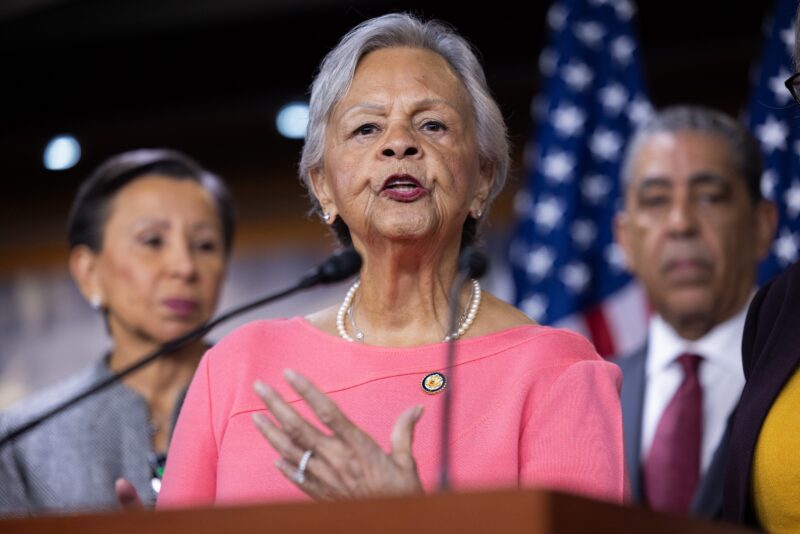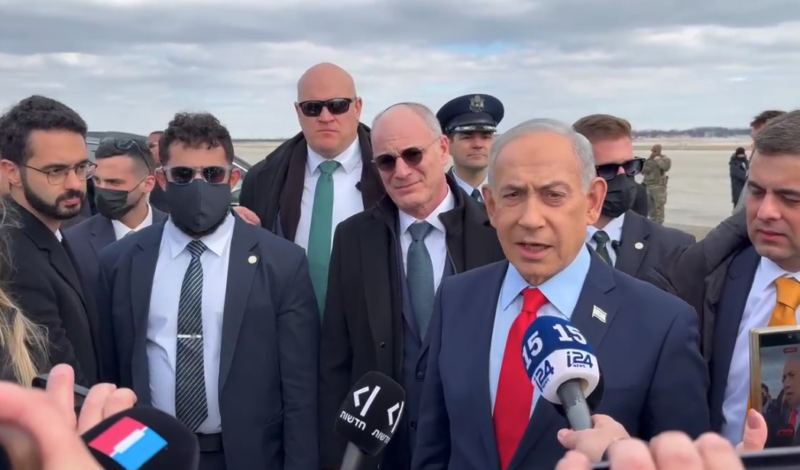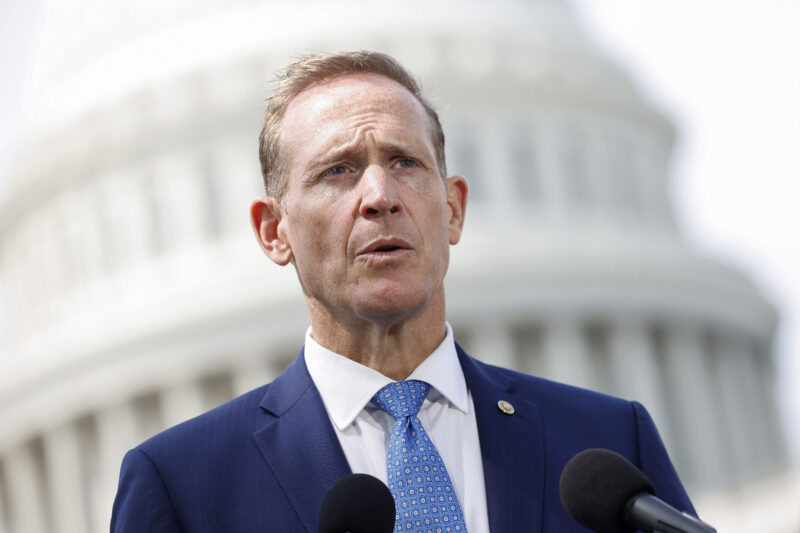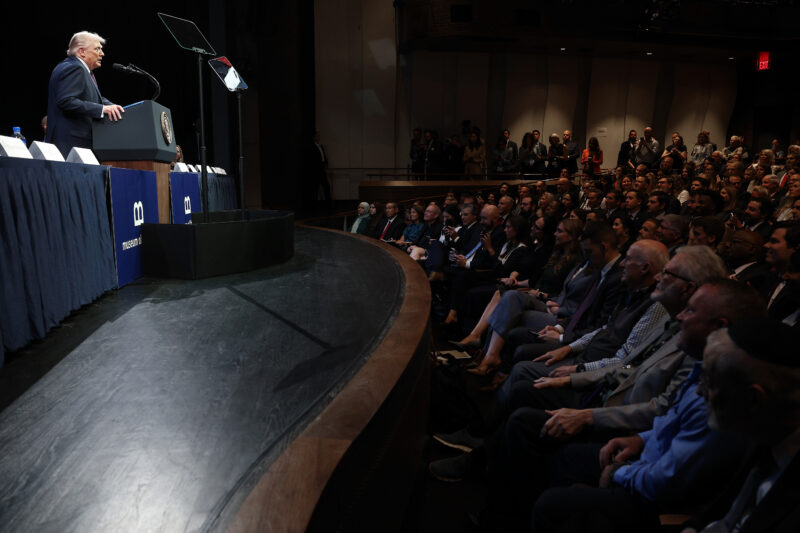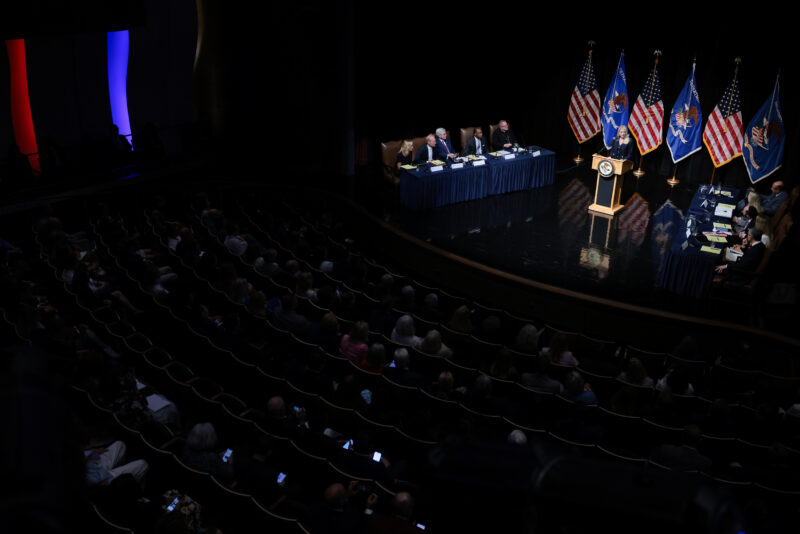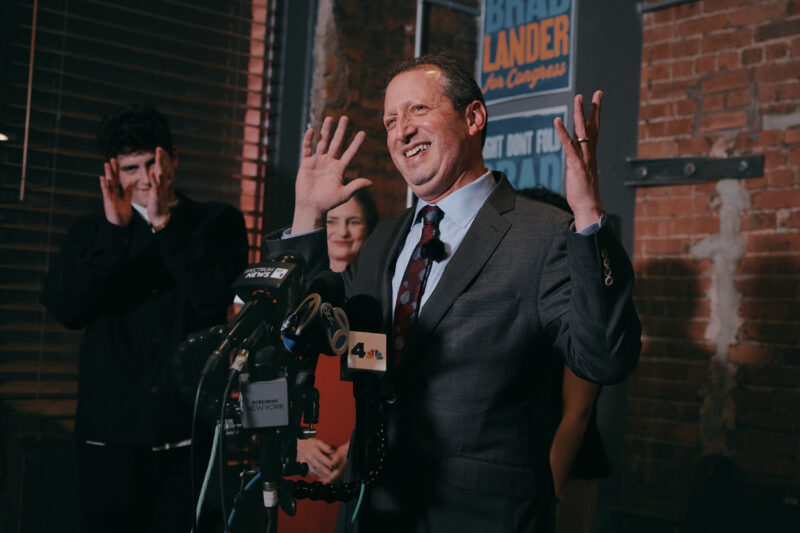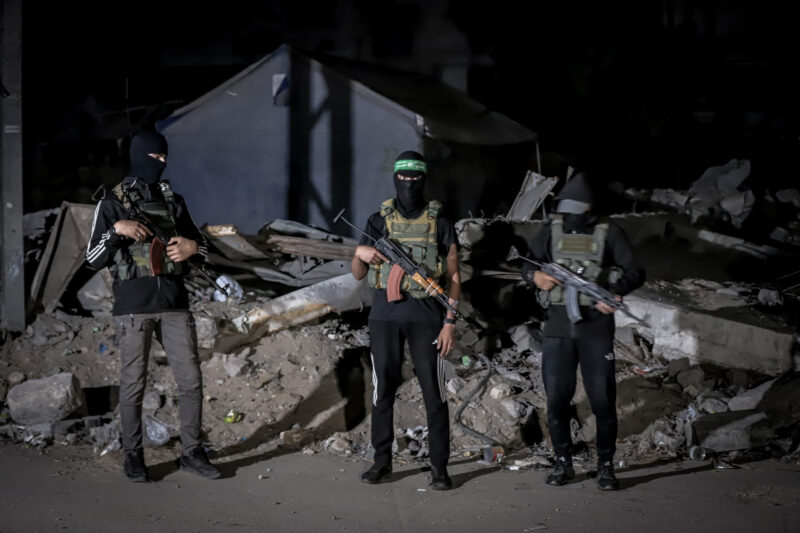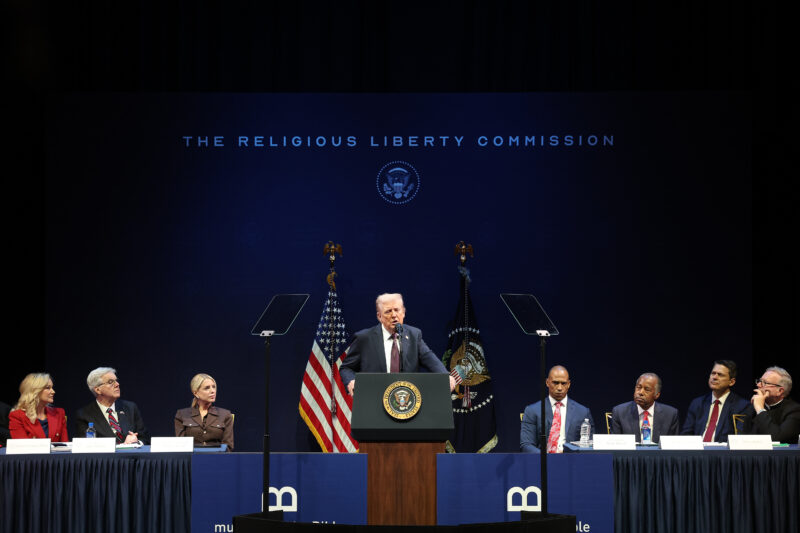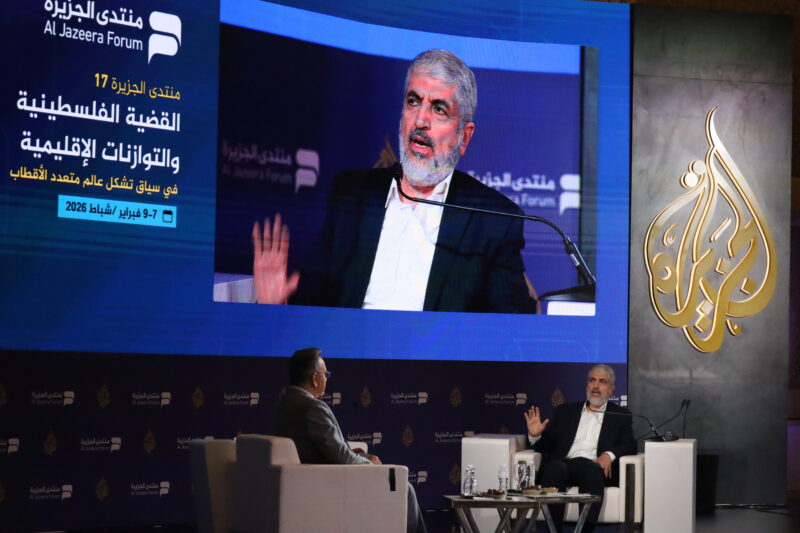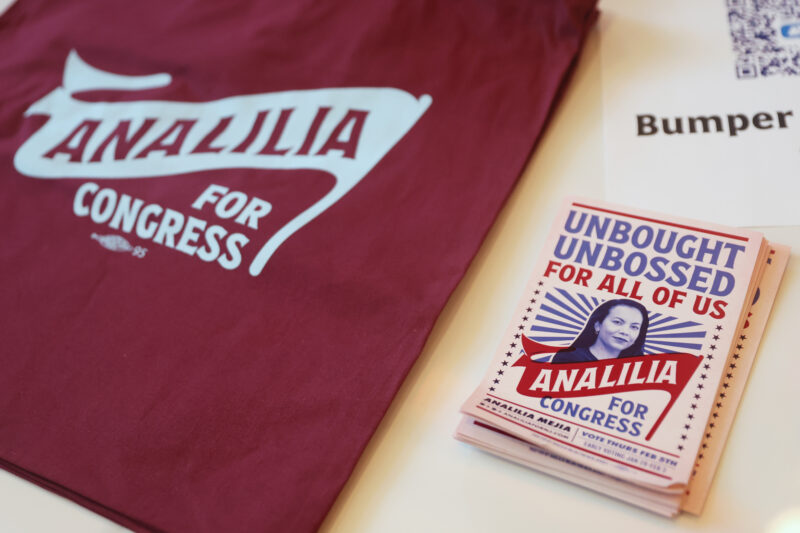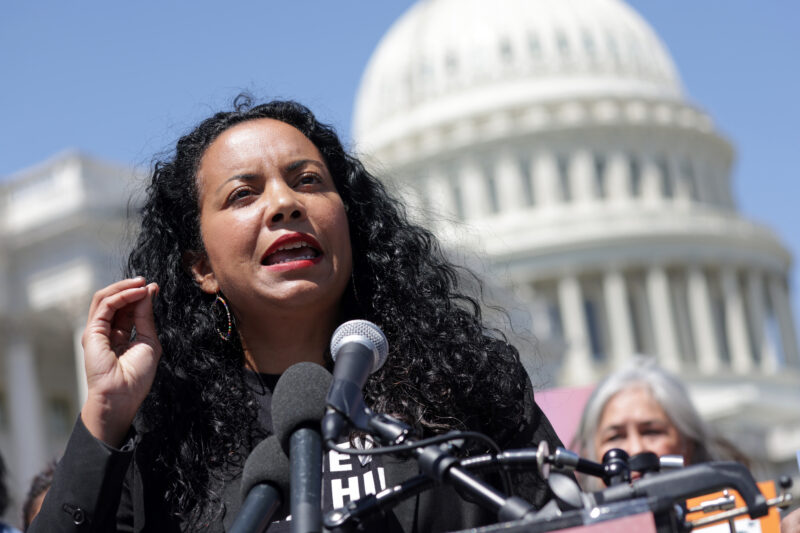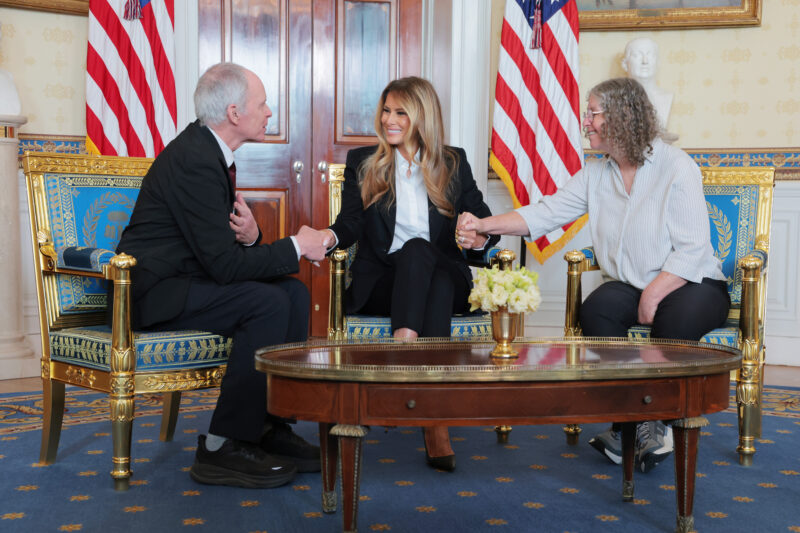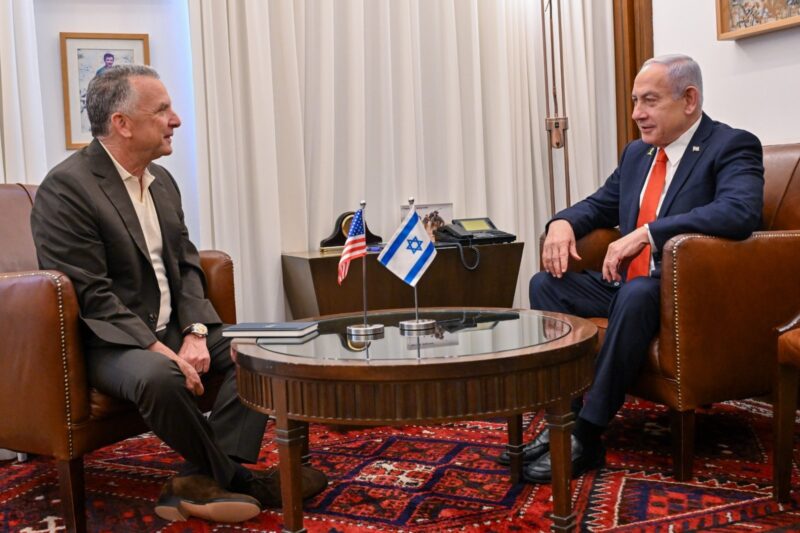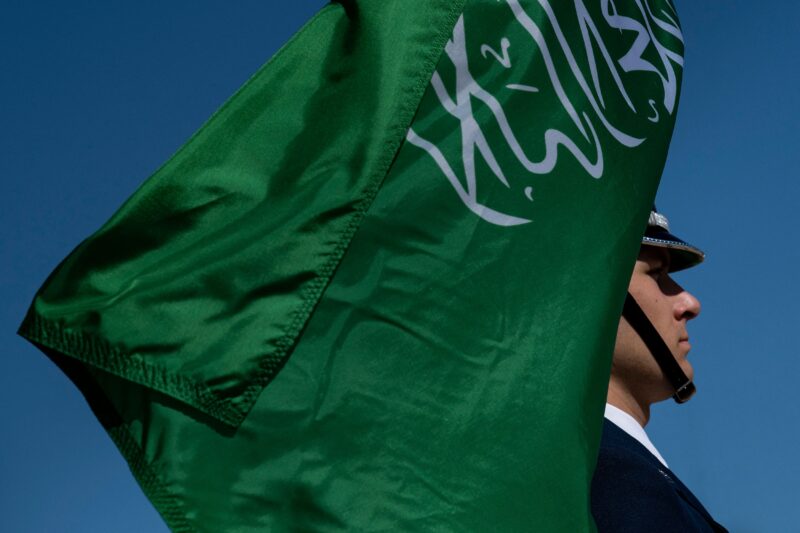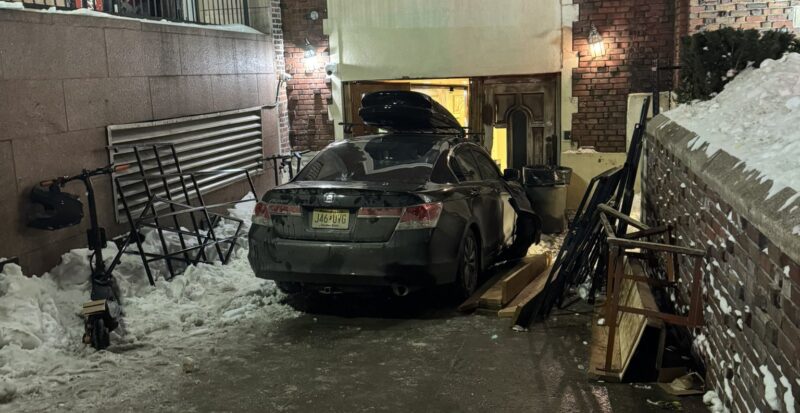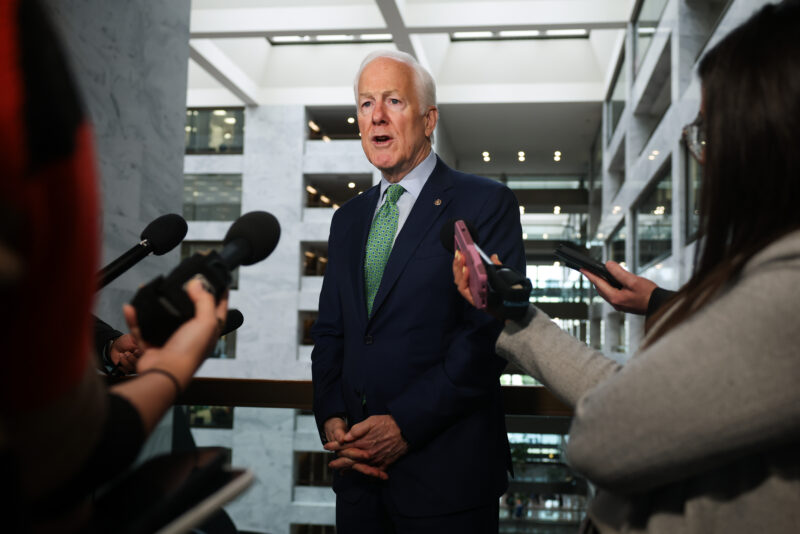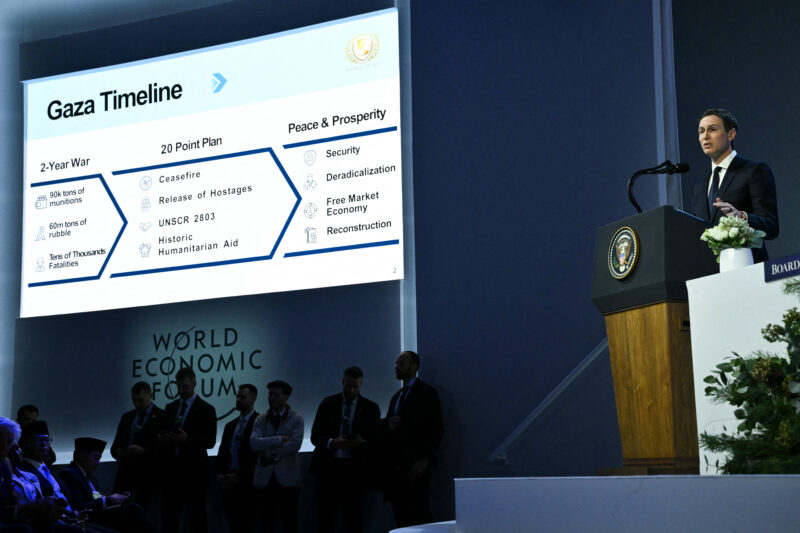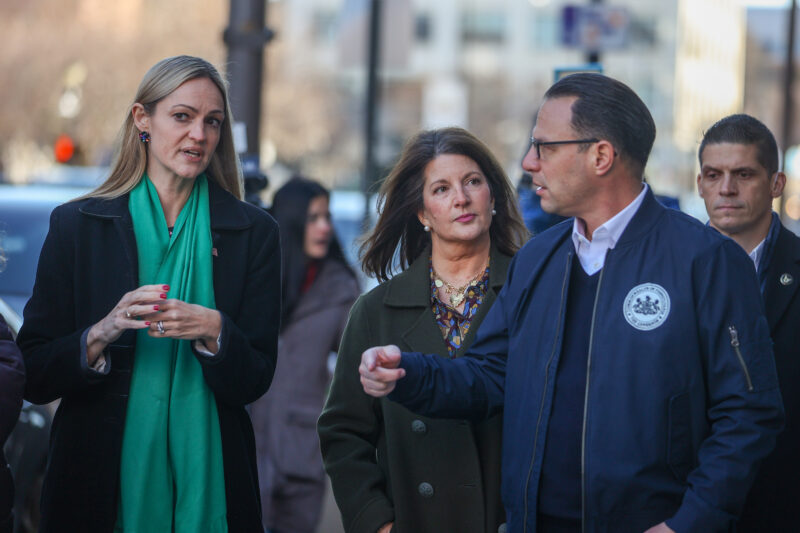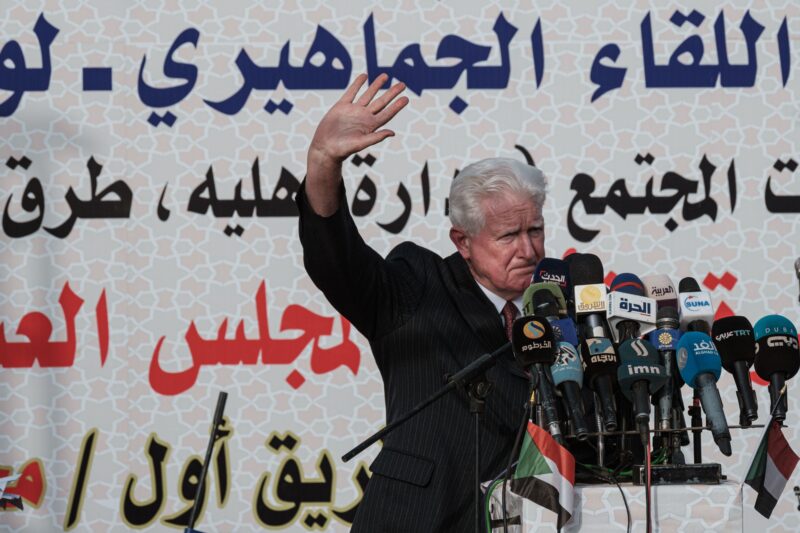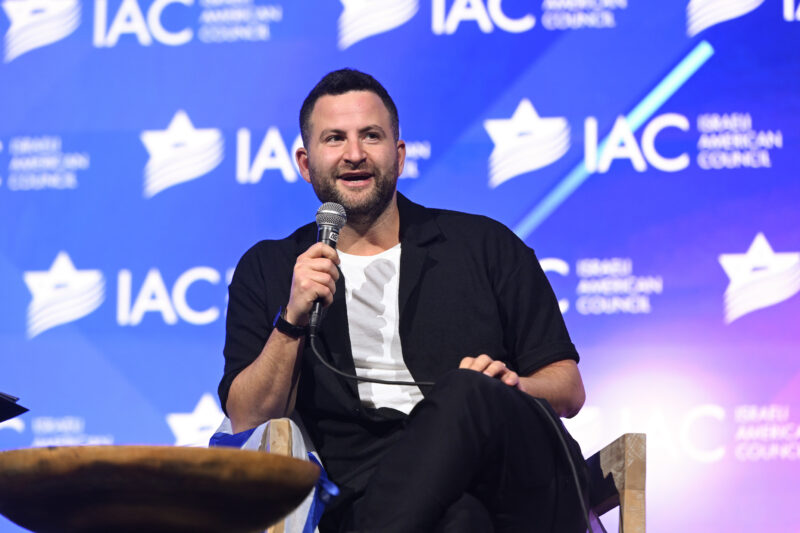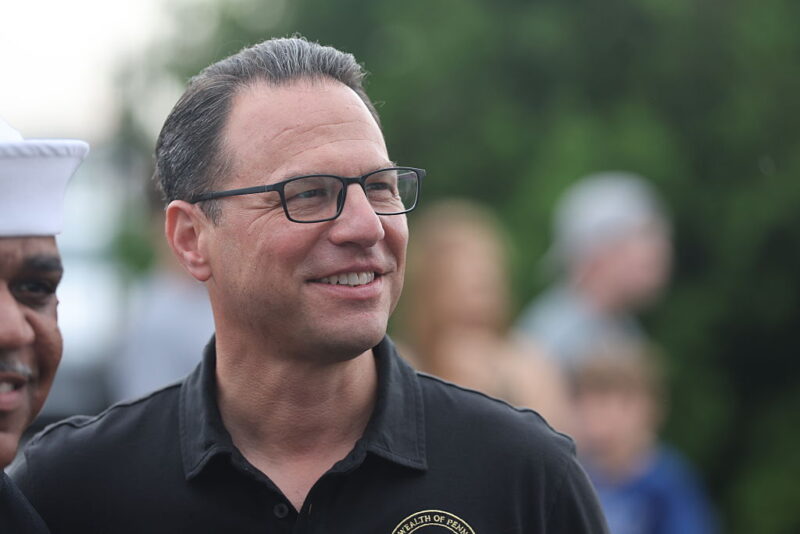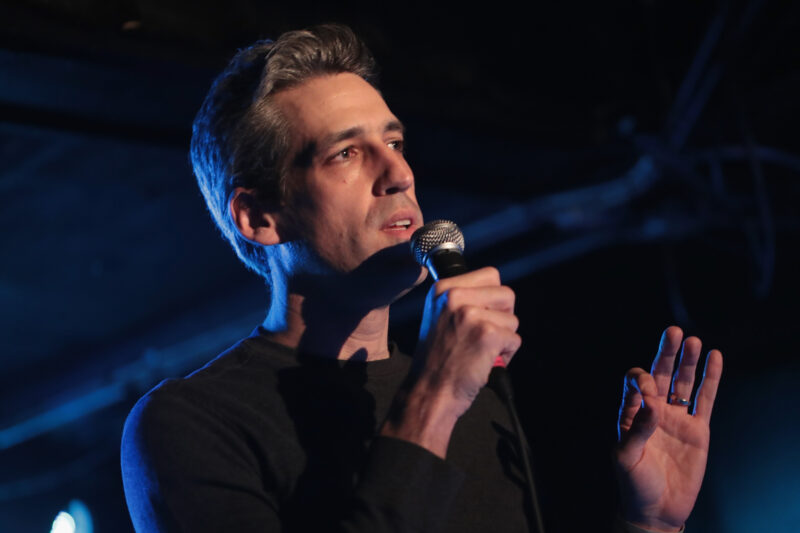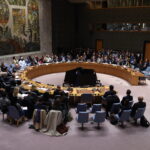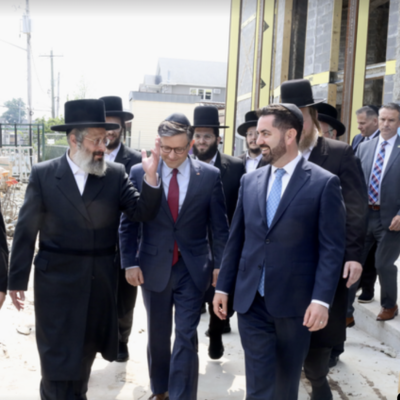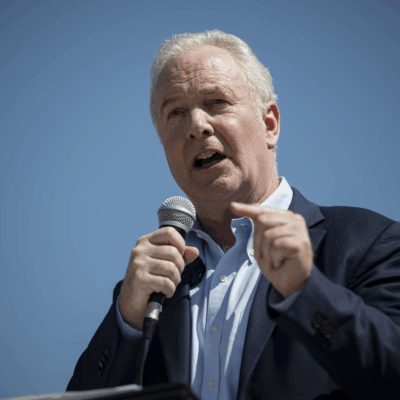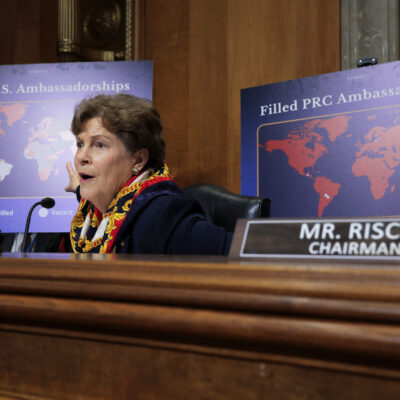White House stands by plan to withhold arms to Israel over Rafah disagreement
Officials focused on rebutting criticism that withholding military aid — and putting more pressure on Israel than Hamas — worsens the odds of a hostage deal
Roberto Schmidt/Getty Images
John Kirby, the coordinator for strategic communications at the National Security Council, speaks during a press briefing at the White House
The White House doubled down Thursday on President Joe Biden’s pronouncement that the U.S. will withhold sending certain weapons to Israel if the IDF mounts a major ground operation in Rafah, ignoring pressure from pro-Israel lawmakers, Israeli officials and Jewish advocacy groups who are urging Biden to reconsider.
Two top Biden national security officials briefed reporters to defend the announcement the president made in a CNN interview the day before, when he said the U.S. will not send Israel large unguided munitions if the IDF invades Rafah — and noted that Israel’s current targeted operations on the outskirts of Rafah have not yet crossed his red line. The White House clarified on numerous occasions on Thursday that Biden’s words accurately represented his administration’s new policy.
After House Speaker Mike Johnson (R-LA) said he hoped Biden was having a “senior moment,” White House Deputy Press Secretary Andrew Bates defended the policy and called Johnson’s wishful thinking “simply false.”
The Biden administration’s points seemed designed to respond to two frequent criticisms that had been mounted against Biden’s strategy: that withholding the weapons removes leverage on Hamas and weakens the odds of a hostage deal, and that entering Rafah is necessary to defeat the terrorist group, as Israeli Prime Minister Benjamin Netanyahu has claimed.
“We want to see Israel defeat Hamas. We want to see Israel dismantle Hamas and prevent its ability to launch the terrorist attacks of Oct. 7 again. They’ve largely succeeded in that goal. As I said, Hamas could not launch the attack again today,” State Department spokesperson Matthew Miller said at a press briefing.
Earlier, a White House national security spokesperson made a similar argument.
“There has been an enormous amount of pressure put on Hamas. [The Israelis] have eliminated a lot of the leaders through the fighting that they have conducted over the last several months. They have decimated the ranks of many of [Hamas’] units.The picture of Hamas today is not what it was six months ago,” said John Kirby, White House national security communications advisor.
Still, Hamas is not yet defeated, and Israel has legitimate Hamas targets in Rafah, the administration officials agreed.
“We have a full range of other policy choices that they can take, that we think would achieve the goal of dismantling Hamas and choking off the Hamas battalions that remain in Rafah without further endangering civilians there, without causing this mass population displacement with no place for them to go,” said Miller. White House officials have presented some alternative plans to Israeli officials.
Miller and Kirby made clear that the White House thinks an Israeli operation in Rafah would make Israel look bad on the world stage, worsening the chances for a hostage-for-cease-fire deal. Netanyahu has defended a potential Rafah operation as necessary to defeat Hamas, a goal that Kirby and Miller said the U.S. still shares.
“Certainly any kind of major Rafah ground operation would actually strengthen Hamas’ hands at the negotiating table, not Israel’s,” Kirby said. “Because if I’m [Hamas leader] Mr. [Yahya] Sinwar, and I’m sitting down in my tunnel, that’s where he is, and I’m seeing innocent people falling victim to major significant combat operations in Rafah, then I have less and less incentive to want to come to the negotiating table and [make] a deal. I can cast Israel in the worst possible way because of the way they’re behaving. And I can just say, ‘Well, clearly they’re not interested in a good faith way to get to a cease-fire, and look at what they’re doing inside Rafah.’ It just gives him more ammunition for his twisted narrative here.”
But the argument that a Rafah invasion that leads to the deaths of Palestinian civilians would strengthen Hamas’ hand also came with an acknowledgement that the terrorist organization does not care about Palestinian civilians.
“The idea that a Rafah invasion that would kill civilians is something that they lose sleep over, it just isn’t backed up by facts isn’t backed up by their track record the past seven months, when they have put civilians in harm’s way time and time again,” Miller said at the State Department briefing.
Ultimately, the White House spent Thursday backing up the pressure on Israel while asserting that the U.S. remains a steadfast supporter of Israel’s right to defend itself.
“The arguments that somehow we’re walking away from Israel fly in the face of the facts,” said Kirby.
Please log in if you already have a subscription, or subscribe to access the latest updates.




